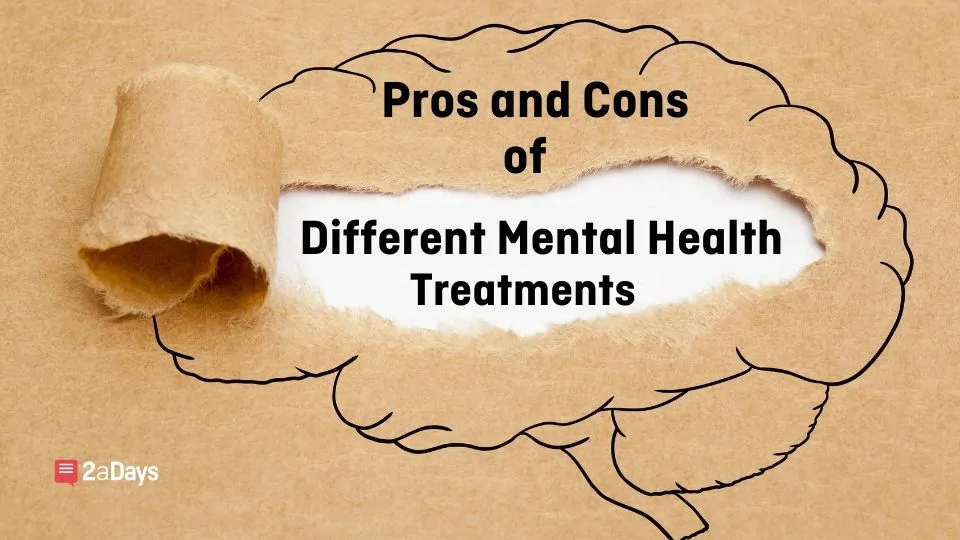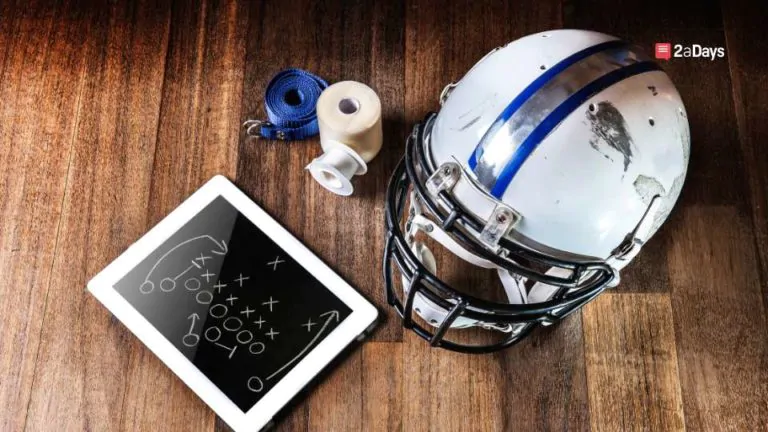Almost every college student has faced mental health issues at some point in their college career. Whether it be anxiety, feeling overwhelmed, or depression, it can be difficult for athletes to decide to seek help or treatment due to common stigmas around mental health struggles. Once you do decide to seek help, it is another task entirely to decide which treatment to start with, which is not ideal for someone who is already struggling with anxiety, stress and/or depression. When deciding on mental health treatment, asking a professional is always the best option, but here's a guide to get you started.
The most common type of traditional therapy is psychotherapy, which allows clients to talk in a one-on-one setting with a trained therapist. The goal is to figure out ways to change your behavior in order to overcome problems.
Therapy is a great way to vent, rant or just talk to a confidential and neutral person about difficult topics. Therapists are there for you and are required by law to keep patient confidentiality, unless they think the patient is in immediate danger to themselves or others. Therapists are also trained and skilled at finding the roots of problems and can guide conversations to find these causes. Once they determine the causes of issues they can offer you great and personalized coping mechanisms (kind of like a coach for your brain).
Therapy does have some downsides, the first of which could happen as soon as your initial appointment. Being open and vulnerable with a complete stranger is incredibly difficult and scary. The first few appointments can often seem impossible and like a waste of time, discouraging people from going, and finding the right therapist can also require a lot of trial and error. Transference is also another big issue when it comes to therapy:once you do become comfortable with your therapist, you can subconsciously transfer feelings and emotions to your therapist creating a relationship that is too personal. Some people develop romantic feelings towards their therapist or come to think of them as a parent or guardian. Both of these situations hinder your mental progress and often lead to needing a new therapist. Finally, therapy can be expensive. Many insurances cover therapy costs but it often isn't a very reputable practice or they won't allow you to switch therapists if needed.
Many campuses have counseling resources for all their students, and many have resources specifically for athletes. Reach out to your campus's counseling center to get more details on what your campus has to offer.
Related: Morgan's Message: The Mental Health Butterfly You May be Seeing On Your Team's Campus, Explained
Medication
Medication is meant to be used as a supplement to therapy. Medication can reduce symptoms while you figure out how to permanently cope with or recover from mental health issues. Stronger medications can also be prescribed if the issues are severe and therapy alone is not helping.
While medications often do relieve symptoms, when not paired with therapy, medications don't resolve issues, they only relieve them. There are also hundreds of different types of medications so, finding the one that works for you can often be a long process of trial and error. In some cases, medication can temporarily make issues, like thoughts of suicide, worse while your body adjusts.
There also may be some trial and error in figuring out the best medication and dosage for you. But once the right medication is found and the adjustment period is over, they often greatly relieve symptoms and leave both athletes and non-athletes alike feeling better. When paired with therapy, medications often allow the therapy process to go smoother and can also help with vital functions such as sleep.
Group Therapy or Support Groups
Group therapy or support groups are led by a therapist but instead of being one-on-one sessions, are group sessions often with 4-10 patients. These groups are based on similar disorders or mental health issues and can be done on their own or in addition to medication and/or traditional therapy.
Unlike traditional therapy, support groups do not require their members to sign legally binding confidentiality agreements. Unfortunately this can cause issues as what is shared could potentially be told to others. There can also be conflicting personalities in group settings, and not getting along with the other members of the group can reduce trust and the effectiveness of the treatment. And like traditional therapy, first joining a group can be intimidating and the first few sessions can be difficult to share.
However, group therapy is a great resource for those who feel alone with their issues. Being surrounded by people struggling with the same mental health issues that you do can reduce the feeling of being alone and promote a sense of belonging. People in these groups are often in different stages of recovery, allowing the newer members to learn strategies from the older members. All members can gain perspective from others and function as somewhat of a team.
Overall, all three types of treatments have had proven success for many years–the trick is to evaluate what you are comfortable with and what path of treatment is best for your needs. Many colleges have counseling centers that will do an evaluation of your needs and help you decide how to proceed with treatment. Take advantage of these resources!
Remember that you can't be at the top of your game without being in the right place mentally. Don't hesitate to ask for help because the sooner you start, the sooner you can get better.
End: Have an idea for a story or a question you need answered? Want to set up an interview with us? Email us at [email protected]
* Originally published on April 19, 2022, by Daley Craft







